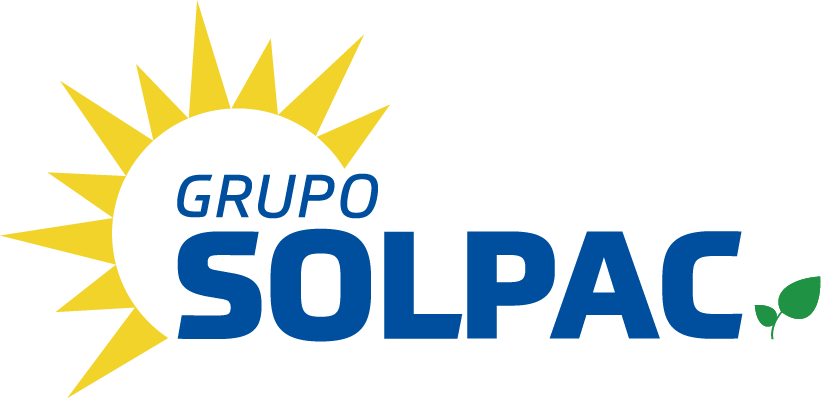A virtual private network, or VPN is a valuable tool for anyone who cares about their online security and privacy. It connects your computer to a server which then routes the data to the website you want to access. This makes it more difficult for hackers to intercept your data and helps in preventing snooping by government or other authorities.
However free vpn services come with several drawbacks that should be considered prior to using one. These include inadequate security protocols, data caps, and slow speeds for connecting. Free vpn services could expose users to intrusive advertisements and malware to generate revenues.
In some cases, free VPN services keep records of your online activities and sell the data to third parties. This can compromise your data and privacy.
VPNs for free description also have a tendency to limit the number of servers you can connect to, which could be problematic if you need to bypass geo-restrictions. Furthermore, certain countries consider VPNs to be illegal, so using a free service may cause legal issues.
Free vpn services usually have data limits to encourage users upgrade to the paid version. This can be frustrating, especially if you use your VPN often. Your data plan can quickly run out. Furthermore, VPN connections can consume more bandwidth and data than unprotected Internet connections because your data is going to turn through the VPN server.
